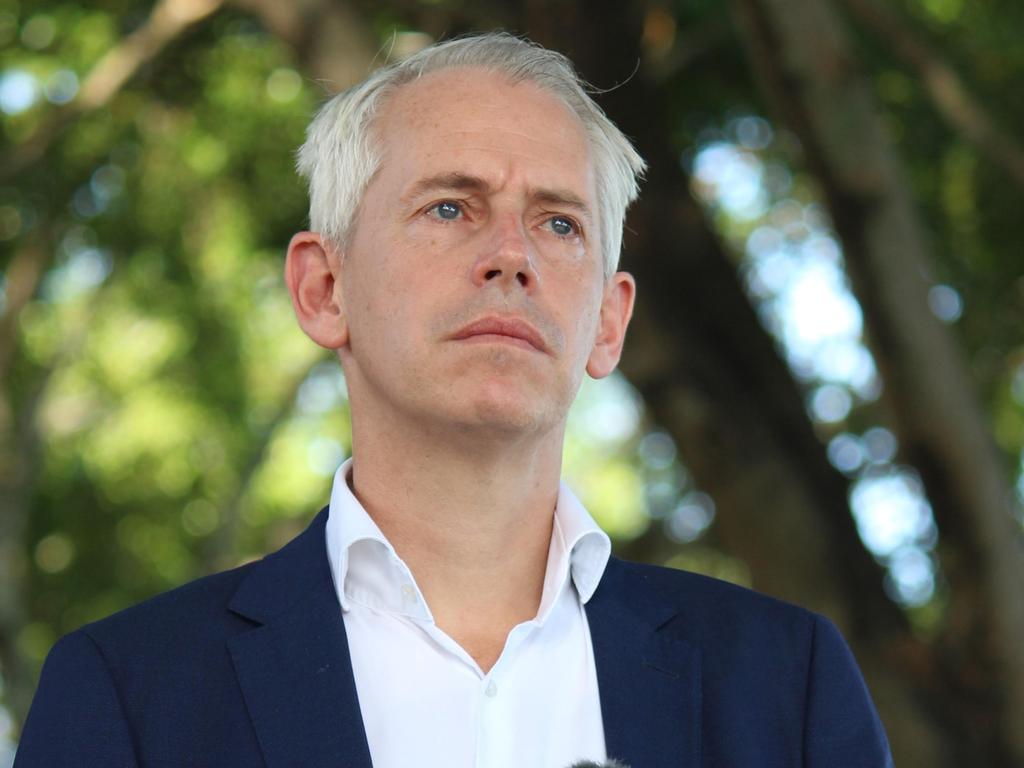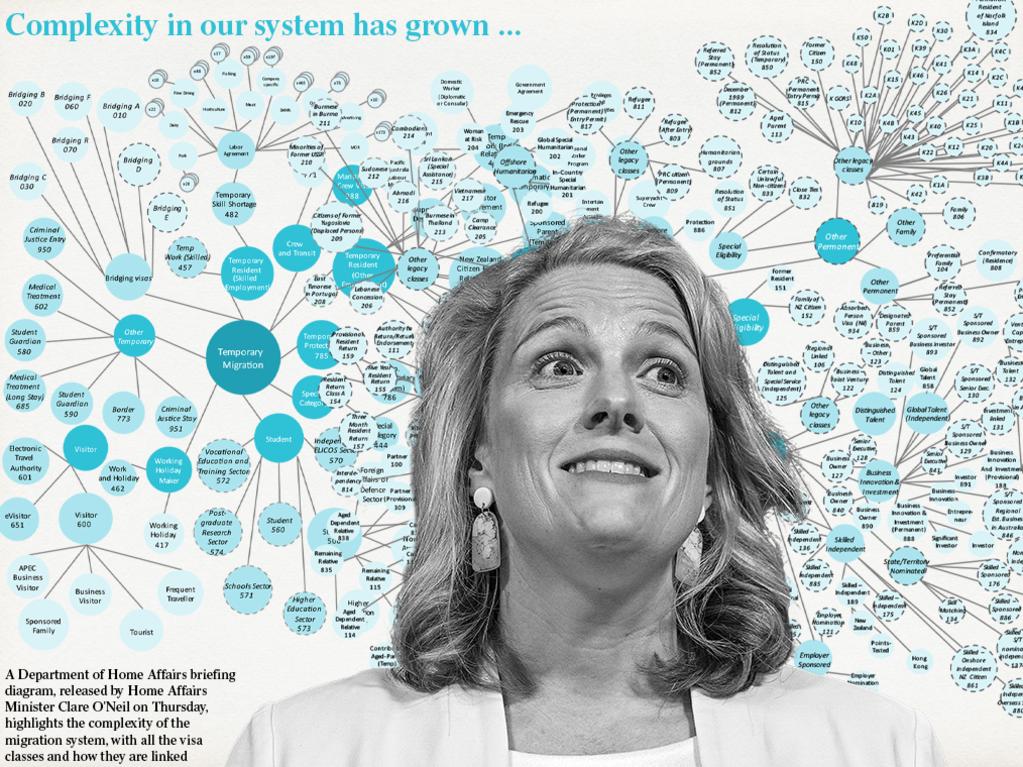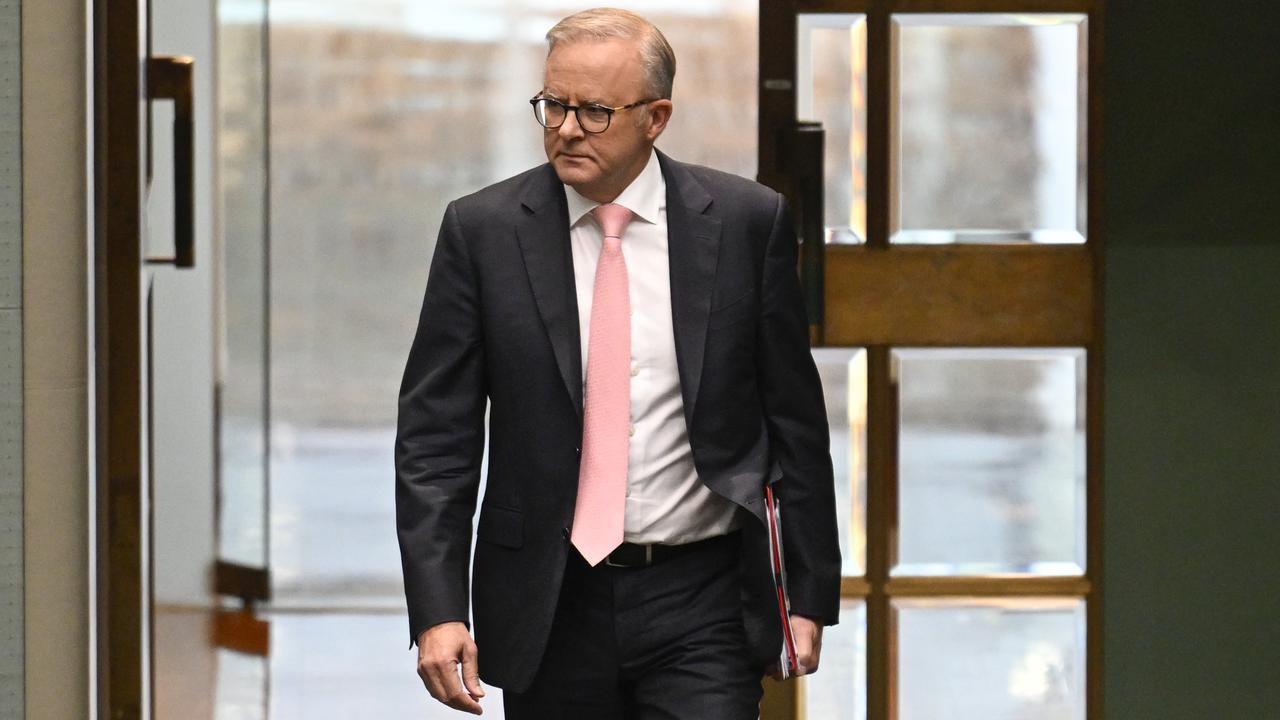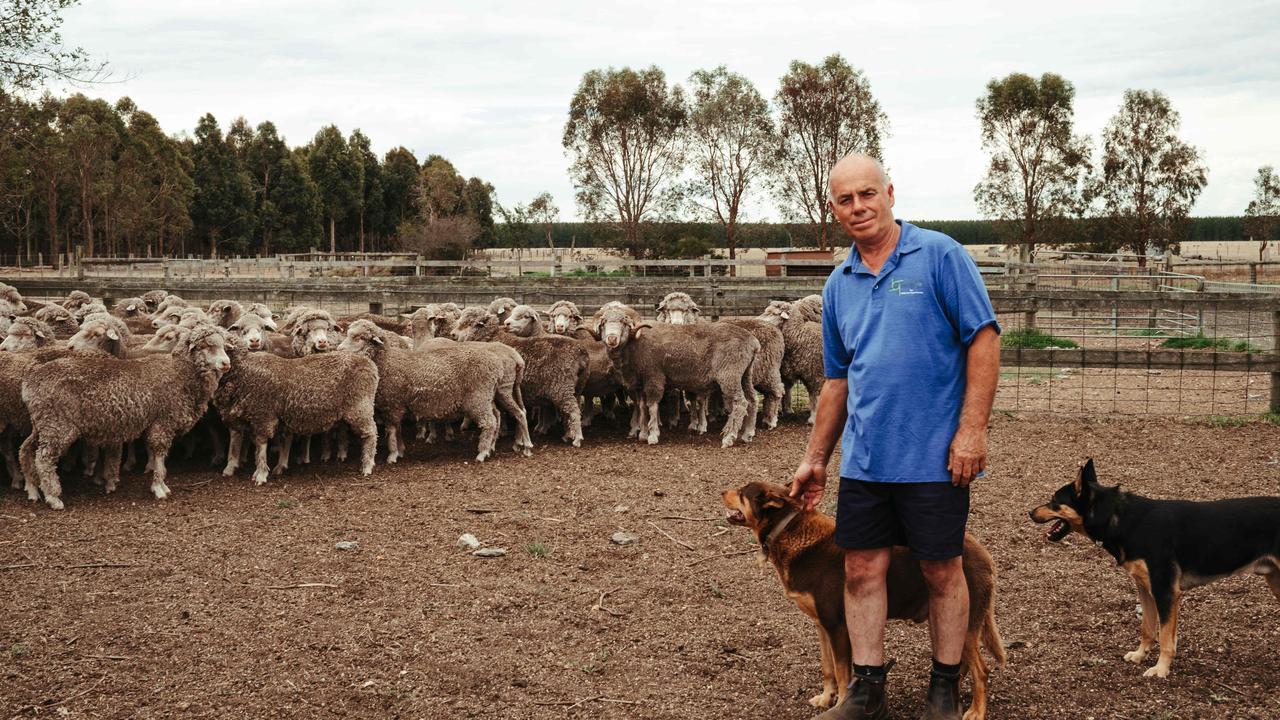Increasing the TSMIT will mean more price hikes at the check out, businesses say
Labor’s commitment on the temporary skilled wage has been met with alarm by industry groups and regional businesses.
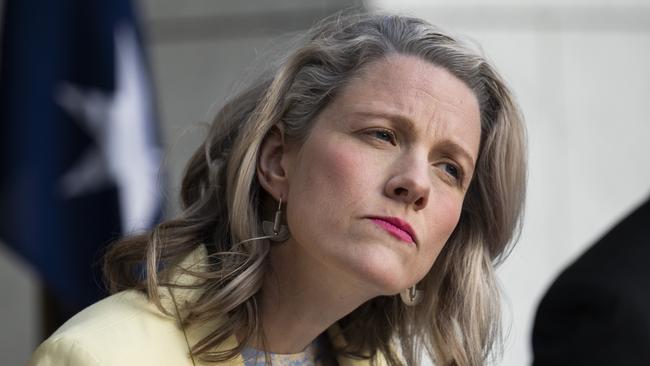
Labor’s commitment to index the Temporary Skilled Migration Income Threshold in its national platform has been met with alarm by industry groups and regional businesses, who have warned further increases to the TSMIT will give businesses no choice but to pass costs onto consumers.
The government announced earlier this year it would increase the TSMIT from just under $54,000 to $70,000 after a decade of the threshold remaining at $53,900.
Labor had not explicitly committed to indexing the threshold annually and said such a decision would be made in its response to the migration review, due later this year.
However, an addition made to its national platform at conference last week bound the Party to indexing the TSMIT.
Unionists called on the Party to go further, with the CFMEU Textile, Clothing and Footwear national secretary Jenny Kruschel urging conference to consider raising the TSMIT to $90,000.
But Restaurant and Catering Australia chief executive Suresh Manickman said any further increases to the TSMIT – including near-term indexation – was “uneconomical” for his sector and would force many businesses to pass on costs to customers.
“You’ve got a policy that has already left our sector behind,” he told The Australian.
“The indexing of such a policy, if that is the intention, is only going to disproportionately affect our industry by a magnitude. Restaurants and caterers will feel it in terms of their budget and this will have to be passed on.”

Owner of Mooloolaba Fisheries, Paul Shenk, said the increases to the TSMIT stifled the chance for his business to grow and boost productivity.
“We’re in process of looking at hiring specifically fish cutters … the only option left for us is to get skilled migrant labour, but having to pay $70,000 or more takes that off the board immediately,” he said.
“I’ve got skilled fish cutters on $60,000 and if I bring in a migrant … and pay him $70,000, then it basically we’d have to increase all the salaries to match that.”
Council of Small Business Organisations Australia chief executive Luke Achterstraat said the small to medium sized enterprises were already buckling under cost of living pressures, pointing to figures released on Tuesday that showed more than 100,000 businesses had exited the economy in the June quarter, before the TSMIT had been increased.
“That’s over 1000 businesses a day shutting down,” he said.
“In regards to indexing, we would caution the government that indexing … is likely to lead to unstainable rises in the TSMIT.
“We’d argue that increasing it to $70,000 was a leap forward and it’s best to see how that plays out in the next 12 months before committing to any increase.”
Australian Chamber of Commerce and Industry chief executive Andrew McKellar said there was an acute shortage of workers across Australia and that “indexing the threshold now would only make the situation worse”.
“Once the current tightness in the labour market eases, it is reasonable for the threshold to be more regularly reviewed, however an automatic indexation could remove options that future governments may need,” he said.
Home Affairs Minister Clare O’Neil would not comment on how the TSMIT would be indexed – to either inflation or wages growth – or when.
The indexing of the TSMIT is one of a suite of changes to the immigration system clinched at national conference, with the government also pledging to establish a firewall between the Department of Home Affairs and regulatory agencies to “protect exploited migrant workers from unwarranted deportation and ensure they can come forward without fear”.
Opposition Immigration Spokesman Dan Tehan said the loss of regional businesses, which felt the increase to the TSMIT most keenly, would worsen cost of living pressures for customers.
“If we lose our regional workers that will translate to higher prices at the checkout for Australian families,” he said.


